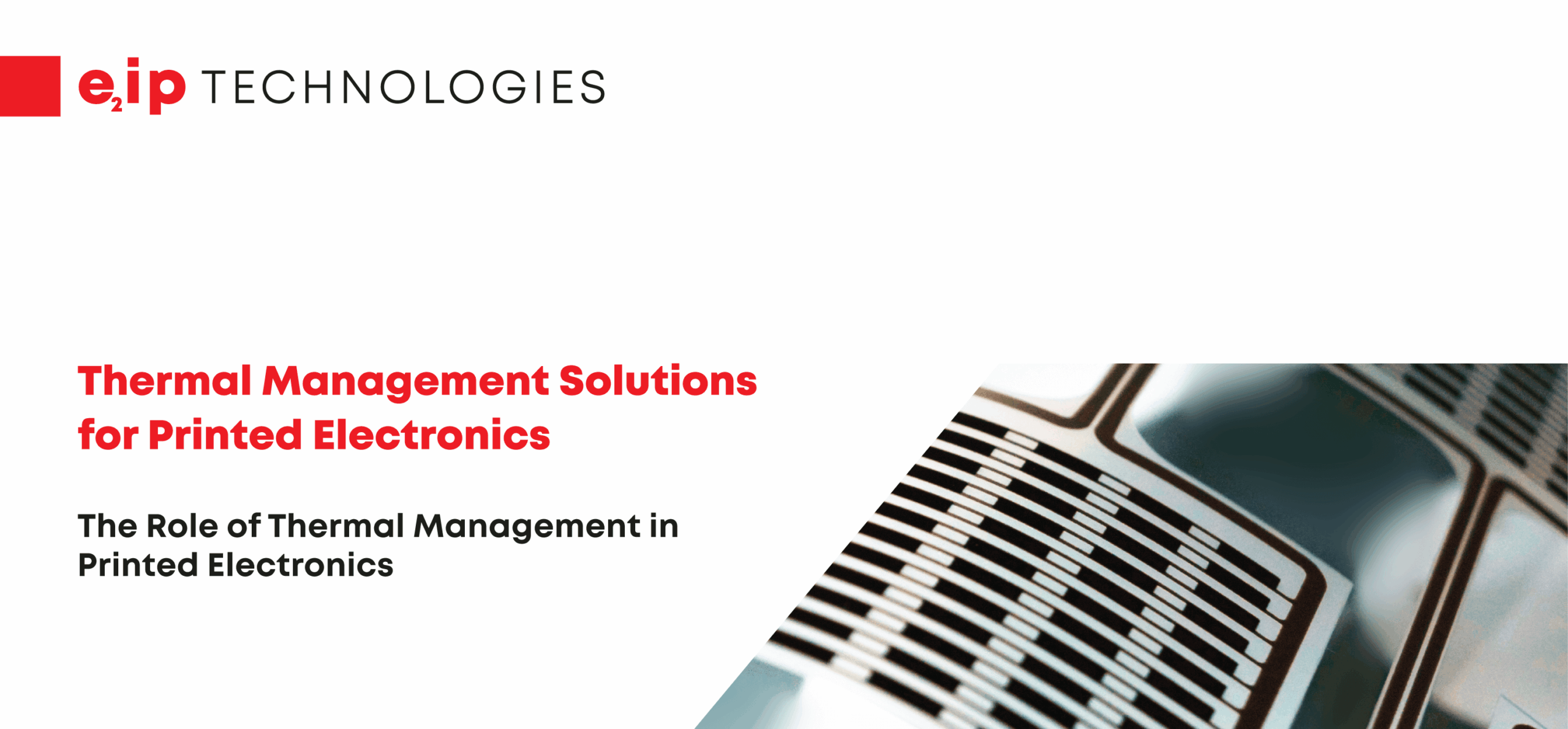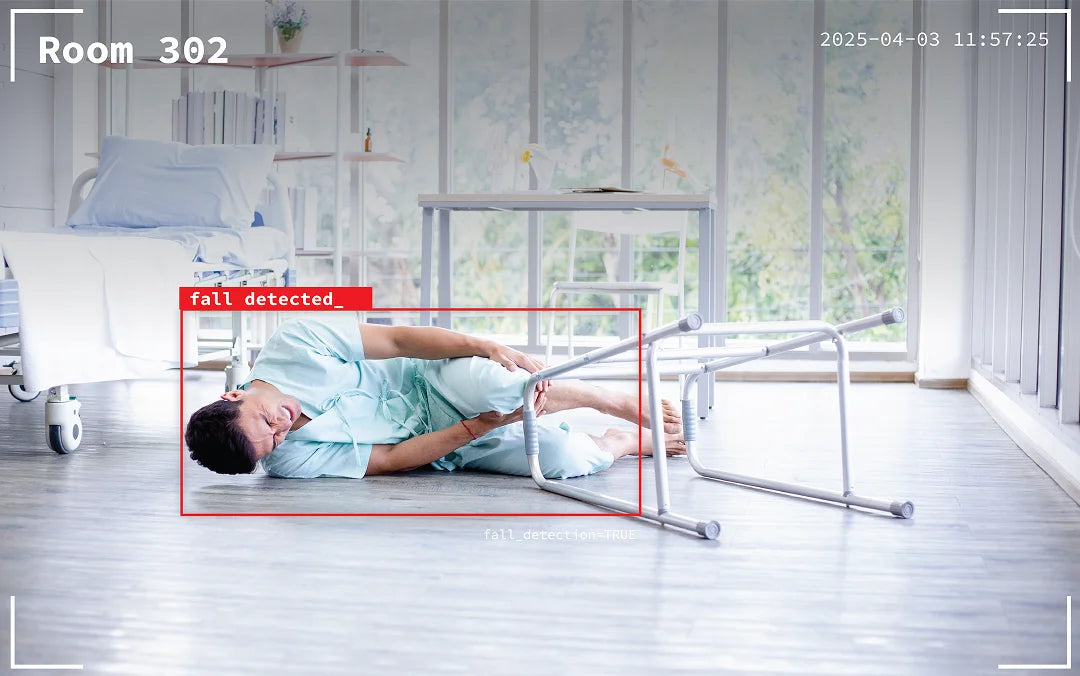What’s something that sectors as diverse as education, healthcare, retail, and politics have in common? They’ve all rapidly embraced digital transformation following the COVID-19 pandemic. This has proven to be a silver lining for the electronics manufacturing industry since the need for printed electronics and components has understandably soared.
In fact, since 2020, reports from the Bureau of Labor Statistics reveals that the number of electronic product manufacturing establishments has increased by 4,000. As the demand for IoT devices and wearable technology continues to increase, the need for professionals in this field will continue to grow accordingly.
However, to flourish in this ever-evolving industry, you do need to have a good mix of skills and assets in your professional arsenal. Here are a few of them:




